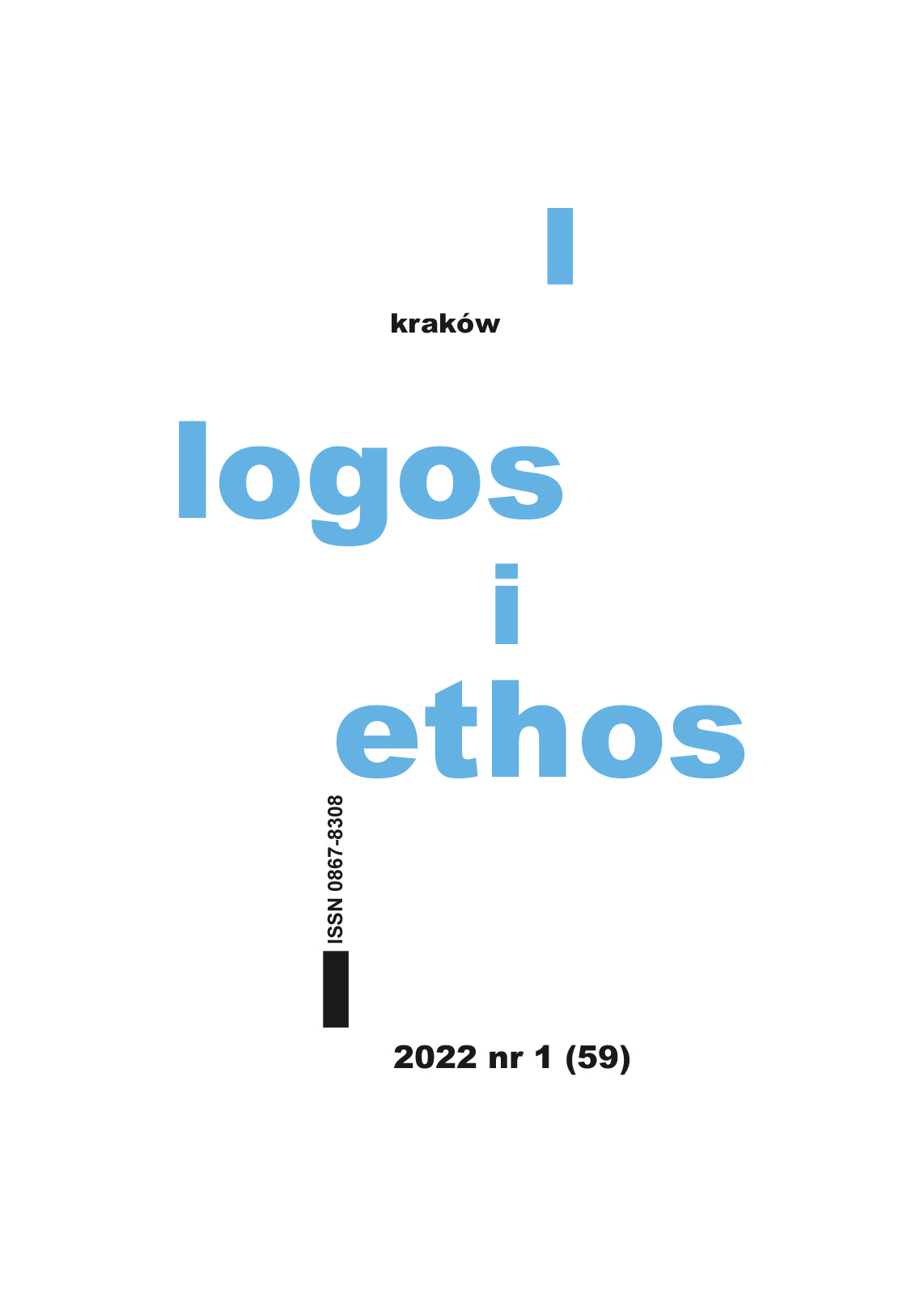Prolegomena to Józef Tischner’s philosophy of mountains
DOI:
https://doi.org/10.15633/lie.59109Keywords:
philosophy of mountains, philosophy of Józef Tischner, freedom, beautyAbstract
The text is an attempt to answer the question about the possibility of formulating Józef Tischner’s philosophy of mountains. The reflection is based on a “sample” of Tischner’s texts; their analysis permits to indicate the way in which such philosophy can be formulated.
References
Balthasar H. U. von, Teologika, t. 1: Prawda świata, tłum. J. Zychowicz, Kraków 2005.
Berner U., Mountains as sacred spaces, „Culture and Religion” 21 (2020) nr 1, s. 18–30, https://doi.org/10.1080/14755610.2020.1858545.
Bonowicz W., W głąb siebie, czyli jak to było z „Historią filozofii po góralsku”, w: J. Tischner, Historia filozofii po góralsku, Kraków 2018, s. 167–184.
Calasso R., Il libro di tutti i libri, Milano 2019.
Ceriello L. C., Descent from the peak: mystical navigations of paradox and trauma on the down-climb, „Culture and Religion” 21 (2020) nr 1, s. 86–99, https://doi.org/10.1080/14755610.2020.1858551.
Chwin S., Zwodnicze piękno, Kraków 2016.
Cognetti P., Le otto montagne, Torino 2016.
Cognetti P., Osiem gór, tłum. T. Kwiecień, Katowice 2018.
Daumal R., Il Monte Analogo, Milano 2020.
Kot D., Filozofowie i górale, w: J. Tischner, Historia filozofii po góralsku, Kraków 2018, s. 139–165.
Macfarlane R., Montains of the Mind, London 2008.
Macfarlane R., Góry. Stan umysłu, tłum. J. Konieczny, Poznań 2018.
Przekonać Pana Boga. Z ks. Józefem Tischnerem rozmawiają Dorota Zańko i Jarosław Gowin, red. D. Zańko, J. Gowin, Kraków 1999.
Rogowski R. E., Mistyka gór, Wrocław 1983.
Tischner J., Inny. Eseje o spotkaniu, Kraków 2017.
Tischner J., Wolność człowieka gór, Kraków 2021.
Tomatis F., Filosofia della montagna, Milano 2008.
Wołowski L., Problem niezależności refleksji dramatycznej Józefa Tischnera od myśli teodramatycznej Hansa Ursa von Balthasara, „Analecta Cracoviensia” 51 (2019), s. 141–160.
Wołowski L., The Paradox of Freedom in the Theodramatic Reflection of Hans Urs von Balthasar against the Background of the Thought of Henri de Lubac and Józef Tischner, „Verbum Vitae” 40 (2022) nr 1, s. 303–333.
Downloads
Published
Issue
Section
License

This work is licensed under a Creative Commons Attribution 4.0 International License.
The following rules apply to copyright:
1. The author declares that he or she has full copyright to the work, and such copyright it is not limited to the extent applicable to this declaration, that the article is an original work and that it does not infringe any third-party rights.
2. The author agrees to a free-of-charge, non-exclusive and non-restricted use of the work by Pontifical University of John Paul II in Krakow i.e.:
- to record and duplicate: make copies of the work by means of printing, reprography, magnetic or digital storage;
- to circulate the original or the copies of the work (disseminate, lend or lease the original or copies thereof, publicly display, screen or make the work publicly available so that everyone is able to access it at the time and in place they wish to do so);
- to include the work in a compilation;
- the Pontifical University of John Paul II in Krakow may grant sublicenses Creative Commons Acknowledgement of authorship-Non-commercial use-Without derivative work 3.0 Poland
- the author and the title of the work will be listed,
- the place of publication (name of the periodical and an Internet link to the originally published work),
- the work will be distributed in a non-commercial way,
- no derivative works will be created.
The UPJPII Press does not waive any of its copyrights to any target group.
If you want to publish the text in Logos and Ethos, you must sign the license. However, the signing takes place at a later stage of publishing. Check the license: [license_en.pdf]

